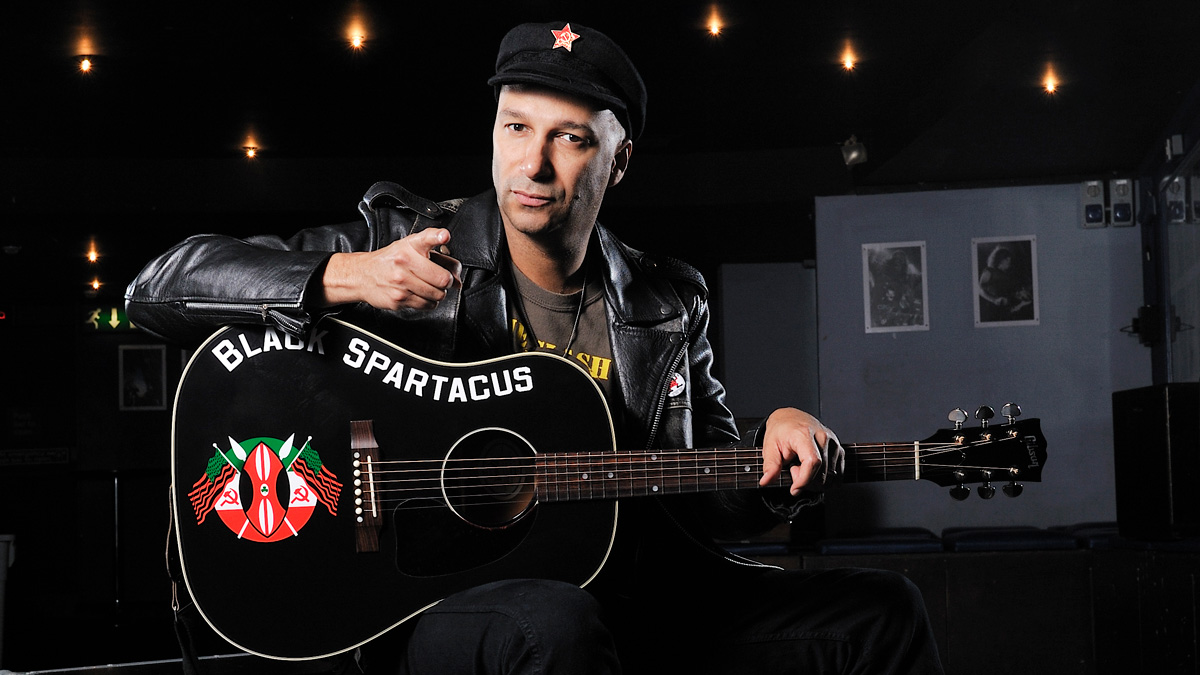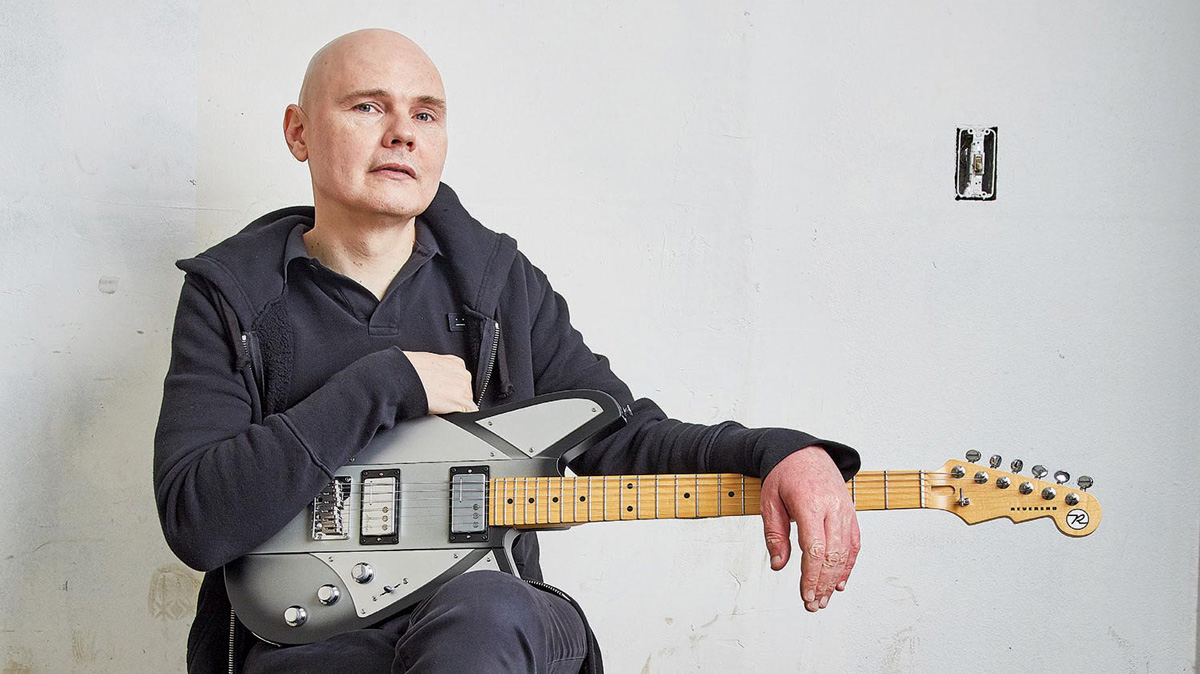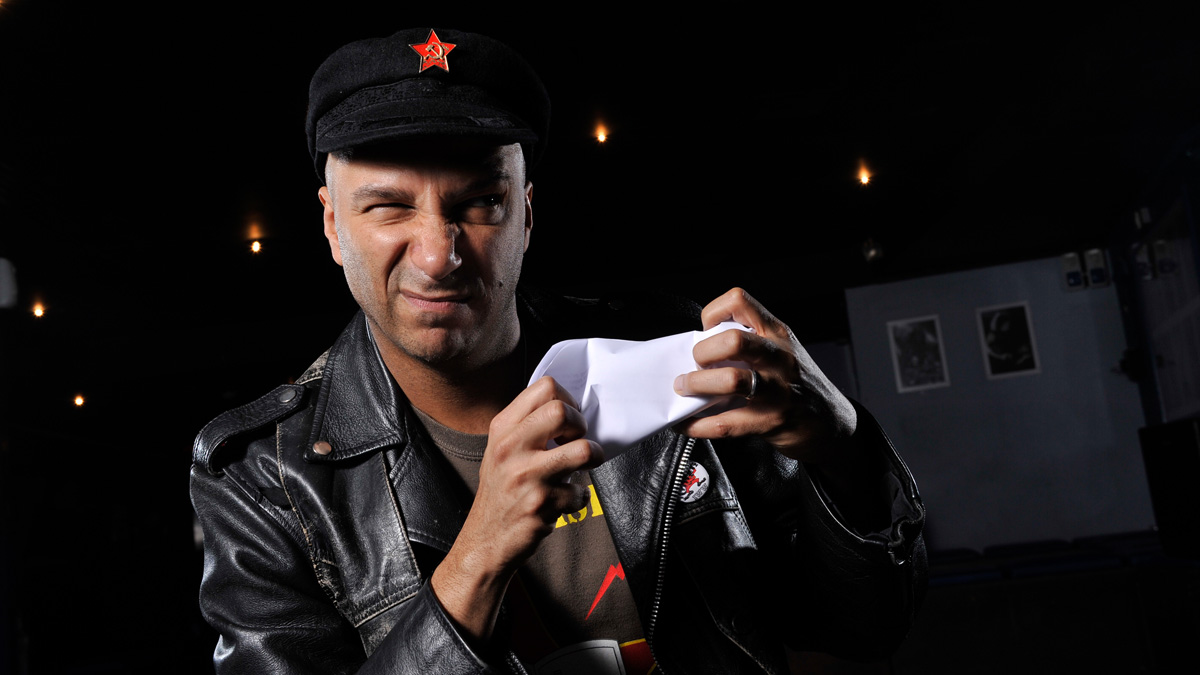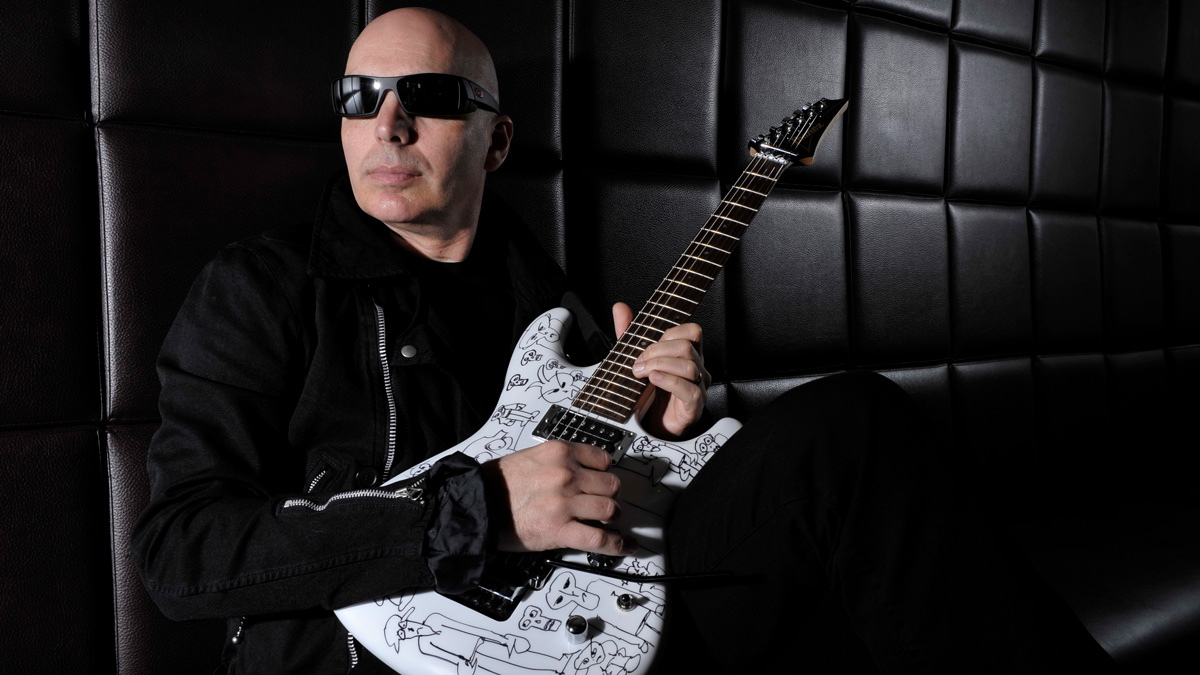Tom Morello’s wrong: young people are practicing guitar – but they’re trying to forge careers, too
Quit raging against young guitar players: the music industry has changed, and so has the route to success

This week, Metal Hammer published an incendiary interview with Tom Morello online for the first time, where the Rage Against the Machine firebrand fired a bullet to the head of young guitar players’ ambitions.
“I’m disgusted by the fact that a lot of young people these days aren’t willing to sit down and practice the electric guitar for eight hours a day,” he said. “They are all looking for an easier route to becoming famous.
“Look at the Top 50 songs on the radio in the US - there are no guitar solos in them. I see [Morello’s 2018 all-star solo album] The Atlas Underground as a Trojan horse. I want it to turn a new generation of kids on to cranking up the guitar.”
Now, I’m a huge Tom Morello fan. I own every Rage Against the Machine tab book, I was a member of the short-lived Audioslave fan club - hell, I was so obsessed, I even signed up to an online forum dedicated to the man. I’m sure Morello means well, but even for me, this read as a troubling statement from one of the world’s foremost voices on the instrument - especially one seeking to inspire young players to pick up the guitar.
Behind the eight-hour ball
Morello’s eight-hours-a-day practice routine is something a lot of us have aspired to at the early stages of our development - and many continue to do so. But today’s crop of young guitarists are woodshedding in a very different environment to the one Morello and his generation faced in their early days on the instrument.
In the late-’80s, back when Morello was an aspiring - if not archetypal - LA gunslinger, formidable technical chops were pretty much a prerequisite to making it. Accordingly, his funk-rock outfit Lock Up were quickly snapped up and signed to Geffen. Admittedly, that deal didn’t last long, but the theory, at least, worked.
Today, you don’t learn to play fast in front of a record scout to get a deal. Hell, if you ask Morello’s fellow ’90s alt-rock success story Billy Corgan, there’s no longer even any point in up-and-coming musicians playing live.
Get The Pick Newsletter
All the latest guitar news, interviews, lessons, reviews, deals and more, direct to your inbox!
“If I was gonna give you 60 seconds of advice, I would put your whole focus into reaching people through the internet,” Corgan told a Smashing Pumpkins fan last year.
“You have to be better, your songs have to be better, you have to be more interesting and you have to move at the pace of the generation that exists.”

Now, Morello was pursuing a political science major at an Ivy League university while he was getting those eight hours of practice in - that in itself is an incredible feat, and something he puts down to his obsessive-compulsive tendencies. But young guitarists have a huge number of additional pressures put upon them, as Corgan correctly identifies.
Morello came late to the guitar, at the age of 17 - that all-important eight hours a day was intended, in part, to make up for lost time. His practice regime consisted of “two hours just technique and scales, two hours music theory, two hours learning songs and writing songs, and two hours just jamming along with random radio stations and improvising over chord progressions.” That time would be spent quite differently for young guitarists looking to make it today.
“People should be less concerned with the strategies of what they need to do and just focus on making great music that they believe in,” Morello told Metal Hammer in that same interview. “That’s your only responsibility as an artist: to make something that you care about, something you think will be great or beautiful or will kick ass. That’s it. That’s your only job.”
But that’s no longer an artist’s only job.
It’s not enough to play fast. It’s not enough to perform well. It’s not even enough to write good songs. Without record-label backing, today’s guitarists have to be everything all at once. Besides being faultless players, we have to be video editors, engineers, producers, PRs, social media managers, networkers and much more. And none of that ever stops.
Ex Machine

Later in the Metal Hammer interview, Morello observes, “In this current climate, there really is no record industry. If a new Metallica or a new Rage Against The Machine came along, there’s not the apparatus to shove it down the world’s throat that there was 20 or 25 years ago.”
Without label support, there simply isn’t the time to be practicing eight hours a day - especially when most guitarists need to work full- or part-time jobs in order to support their passion
Without that kind of support network, there simply isn’t the time to be practicing eight hours a day - especially when most guitarists need to work full- or part-time jobs in order to support their passion, or have other family or health commitments.
Yes, the internet has democratized releasing music - “You, me and the guy walking down the street outside can all make an album on our phones, we can all have a Facebook page to put it out there,” as Morello puts it - but who’s footing the temporal bill for the album? Most likely the artist themselves. They probably recorded or programmed all the instruments, mixed it, and recorded and edited countless videos to promote it.
Learning those skills and putting them into practice takes time, and that’s taking place alongside learning and practicing guitar. I released an album of my own recently, and owing to the weight of promotion and my own day job, I haven’t had time to even pick up a guitar in weeks, let alone put in hours of practice a day.
What’s more, there are plenty of guitarists who want to get on with creating, and don’t see the need to develop virtuosic abilities. It’s important to recognize that we all have different measures of success - it depends on the level you want to achieve. Are the vital works of The Sex Pistols and The Clash - who Morello has frequently cited as his principal influences in first picking up a guitar - mitigated by their lack of fretboard fireworks?
Two sides of the fame coin
It’s hard to determine exactly what Morello means by his “easier route to becoming famous” remark, but we’d hazard a guess that it’s referring to YouTubers.
But guitarists aren’t turning to YouTube with the sole goal of becoming famous. To draw attention to their music and playing, sure - but that’s the modern-day, DIY equivalent of a major label in the ’90s buying up billboards and magazine ads. There’s no shame in that.
Guitarists turn to YouTube because it’s the best shot many of us have of making a career in music - whether that’s subsidizing our own music creation, or carving out a path of our own. Hell, Jared Dines just became Guitar World’s first-ever YouTube cover star, and his raft of relatable videos landed him spots with monster live acts Trivium and Breaking Benjamin.
While mainstream music still plays its part, young performers are just as likely to have their inspirations and direction shaped by what they see on social media
As YouTube star and artist in her own right Sarah Longfield told us last year, “How much are you willing to give of yourself? If I had it my way, I would much rather be releasing music and art and stuff without my face attached to it.
“[But] it ended up being a great resume for me because when the label signed me, they said, ‘We saw you on YouTube, and your video got a million views. Why haven’t you been signed?’”
While mainstream music still plays its part, young performers of all walks of life are just as likely to have their inspirations and direction shaped by what they see on YouTube or, for that matter, any form of social media - which is so awash with obscenely talented players that shred godfather Joe Satriani recently admitted to being “shamed back into my woodshed”. Indeed, we’d wager the practice routine of any number of mind-blowing Instagram guitarists easily competes with Morello’s.

And besides, we’re seeing an increasing number of mainstream crossovers take place of their own accord, and without the involvement of guitar gods: H.E.R. recently ripped over A Boogie Wit da Hoodie’s latest single, while Machine Gun Kelly wants to inspire kids to pick up the guitar with his latest album. And that’s not to mention pop songwriter extraordinaire Andrew Watt lending his guitar talents to Ozzy Osbourne’s latest album.
None of this is intended as shred-shaming or a swipe at Morello (he’s still an absolute hero in my mind), more a reminder that the music industry has changed - and so has guitar playing.
To say that today’s players aren’t practicing long enough risks discouraging - not inspiring - a generation
There’s more great guitar music out there than ever, especially in the tech-metal and instrumental spheres, all with a dizzying array of chops. It might not be mainstream, but it’s not for lack of trying.
To say that today’s players aren’t practicing long enough risks discouraging - rather than inspiring - a generation. Yes, you need to put the hours in to be successful. But to claim the guitar’s absence from Top 50 radio is down to a lack of effort is simply false.
I’ve said before that the biggest threat to the guitar could be guitarists themselves - so the last thing we need is high-profile stars complaining that today’s players aren’t working hard enough, especially when feelings of inadequacy and mental health issues are a real concern.
What you reap is what you sow, and those who want to see the guitar thrive would do well to remember that.

Mike is Editor-in-Chief of GuitarWorld.com, in addition to being an offset fiend and recovering pedal addict. He has a master's degree in journalism from Cardiff University, and over a decade's experience writing and editing for guitar publications including MusicRadar, Total Guitar and Guitarist, as well as 20 years of recording and live experience in original and function bands. During his career, he has interviewed the likes of John Frusciante, Chris Cornell, Tom Morello, Matt Bellamy, Kirk Hammett, Jerry Cantrell, Joe Satriani, Tom DeLonge, Ed O'Brien, Polyphia, Tosin Abasi, Yvette Young and many more. In his free time, you'll find him making progressive instrumental rock under the nom de plume Maebe.
“I liked that they were the underdogs. It was not the mainstream guitar. It was something that was hard to find”: Vox guitars deserve a second look – just ask L.A. Witch’s Sade Sanchez, who’s teaming hers with ugly pedals for nouveau garage rock thrills
“I suppose I felt that I deserved it for the amount of seriousness that I’d put into it. My head was huge!” “Clapton is God” graffiti made him a guitar legend when he was barely 20 – he says he was far from uncomfortable with the adulation at the time











